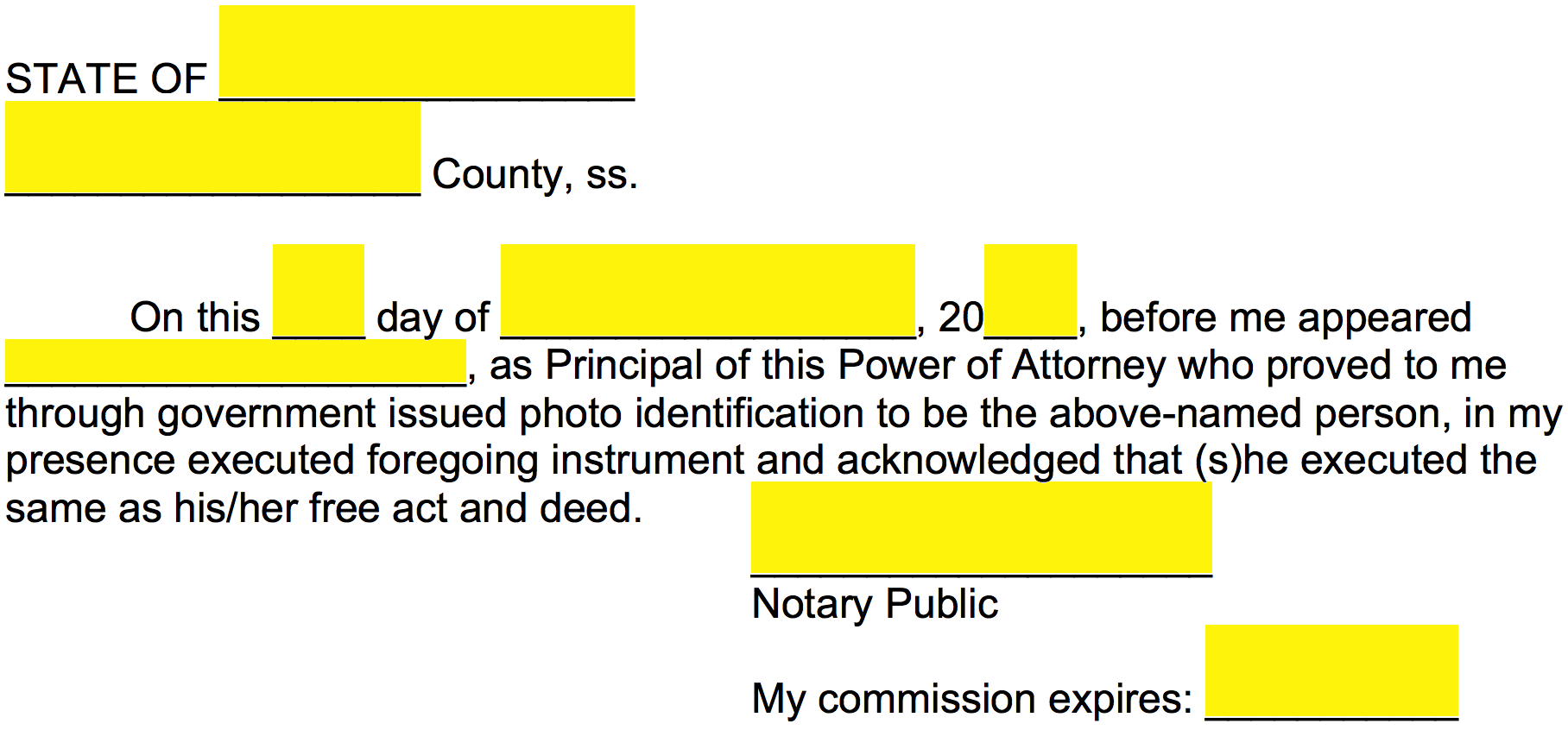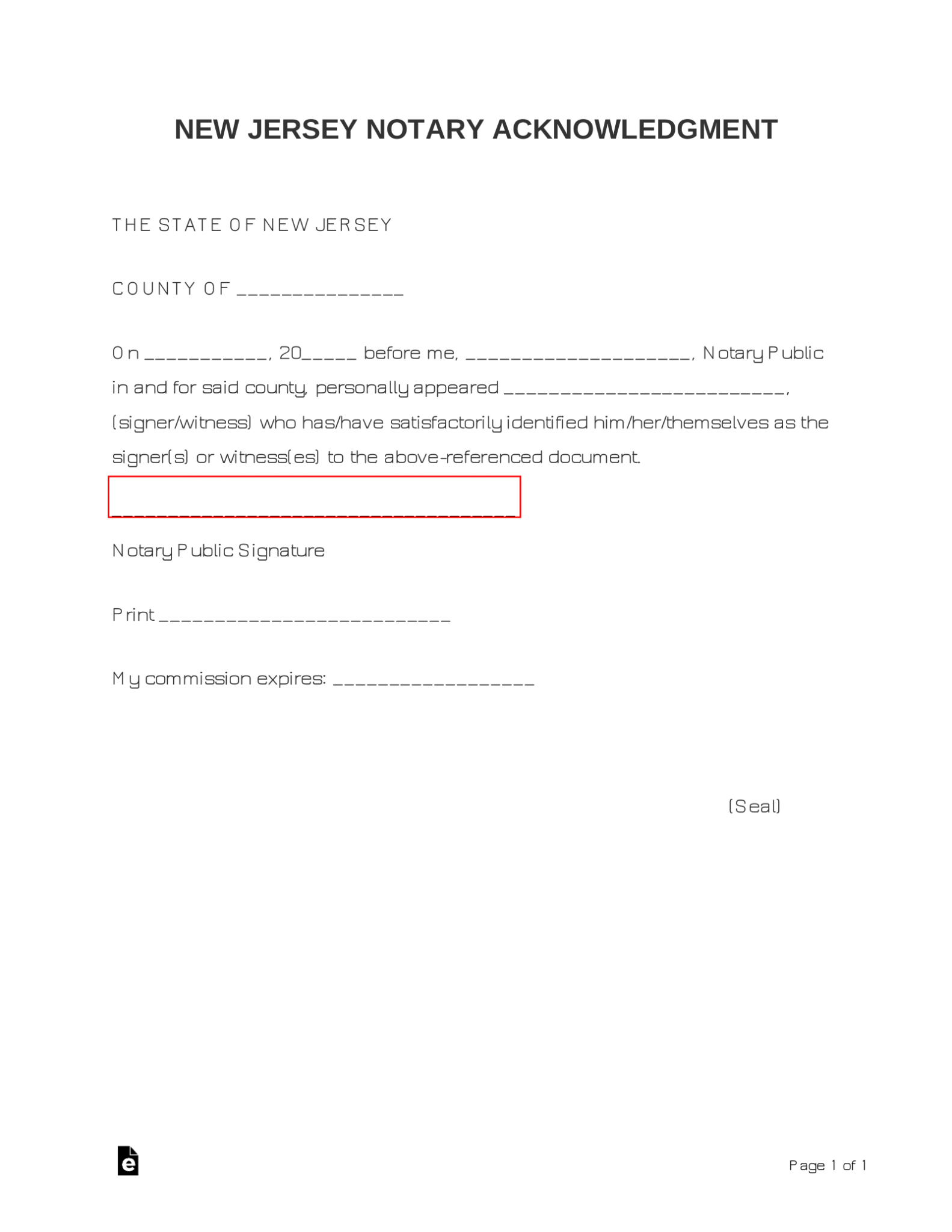

The signatory must affirmatively represent that he or she is physically situated in the State of Missouri, and the notary must be physically located in the State of Missouri and state in which county he or she is physically located for the jurisdiction on the notarial certificate.If the signatory is not personally or otherwise known to the notary, the signatory must display a valid photo ID to the notary during the video conference.The Order temporarily suspends the requirement that the signatory personally appear before a notary public and allows notarization of documents utilizing audio-video technology, provided that certain conditions are satisfied. On April 6, 2020, Missouri Governor Mike Parson issued Executive Order 20-12, which was later extended via Executive Order 20-14 and 20-19, temporarily permitting remote notarizations until Main order to provide a secure and safe method by which to execute legal documents and reduce the spread of COVID-19. Missouri Remote and Electronic Notarization This alert explains remote and electronic notarization in Missouri and Illinois pursuant to each state’s executive order, and discusses any special requirements with respect to estate planning and litigation documents.

For instance, in Missouri, 15 CSR 30-110-020 authorizes a notary to use an electronic seal, signature, and certificate when performing a notarial act, but the signatory to the document still must personally appear before the notary. However, all other elements of a traditional, paper notarization typically apply to electronic notarization, including the requirement that the signatory personally appear before the notary (unless the electronic notarization is performed in conjunction with remote notarization, as discussed below). That is, instead of notarizing a physical piece of paper through a wet signature, the notary is permitted to affix their electronic signature, seal, and certificate to the electronic document that contains the signatory’s signature. Electronic notarization permits the notarization of documents in electronic form through e-signatures. Remote notarization differs, however, from electronic notarization.

Remote notarization permits a signatory to personally appear before the notary remotely at the time of the notarization using audio-visual technology via the internet. In response to these challenges, both Missouri and Illinois have temporarily permitted remote notarization. But due to the restrictions set forth in these stay-at-home orders, in-person notarization has become increasingly difficult. Traditionally, the signatory to a notarized document must appear personally before the notary. In the wake of these unprecedented restrictions, attorneys, legal professionals, and notaries are confronted with particular challenges with respect to notarizing legal documents. Louis County, have ordered non-essential businesses to cease operations. The Director of the Missouri Department of Health and Senior Services issued a similar order on Aprequiring that every individual adhere to strict social distancing guidelines. In response to the COVID-19 pandemic, the governor of Illinois ordered residents to stay home and all non-essential businesses and operations to cease pursuant to Executive Order 2020-10, issued on March 20, 2020. This alert was updated on December 2, 2020 to reflect Executive Order 20-19.


 0 kommentar(er)
0 kommentar(er)
